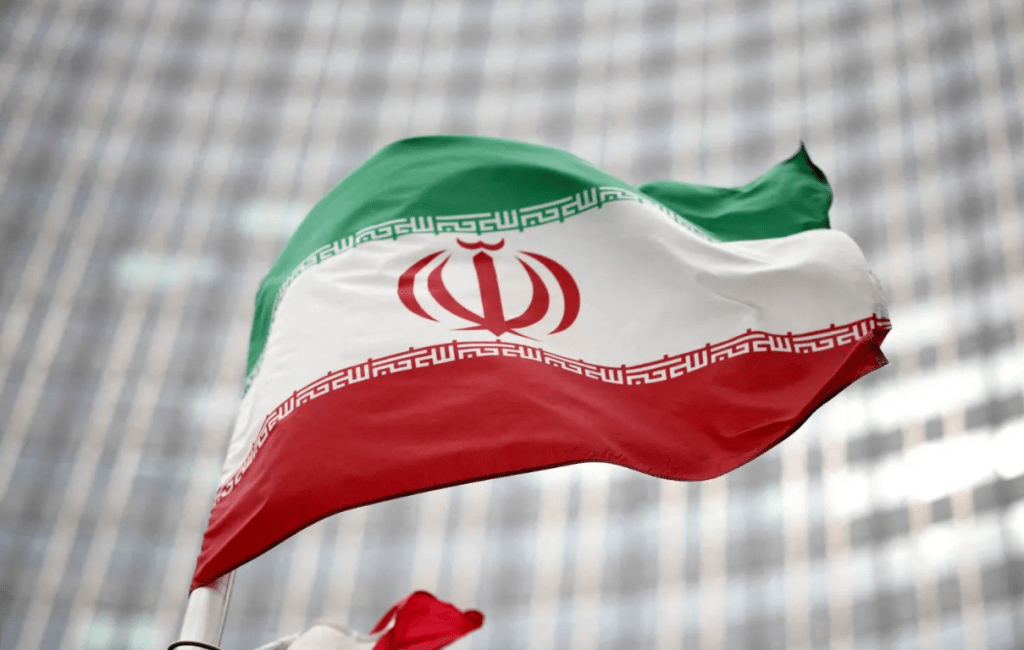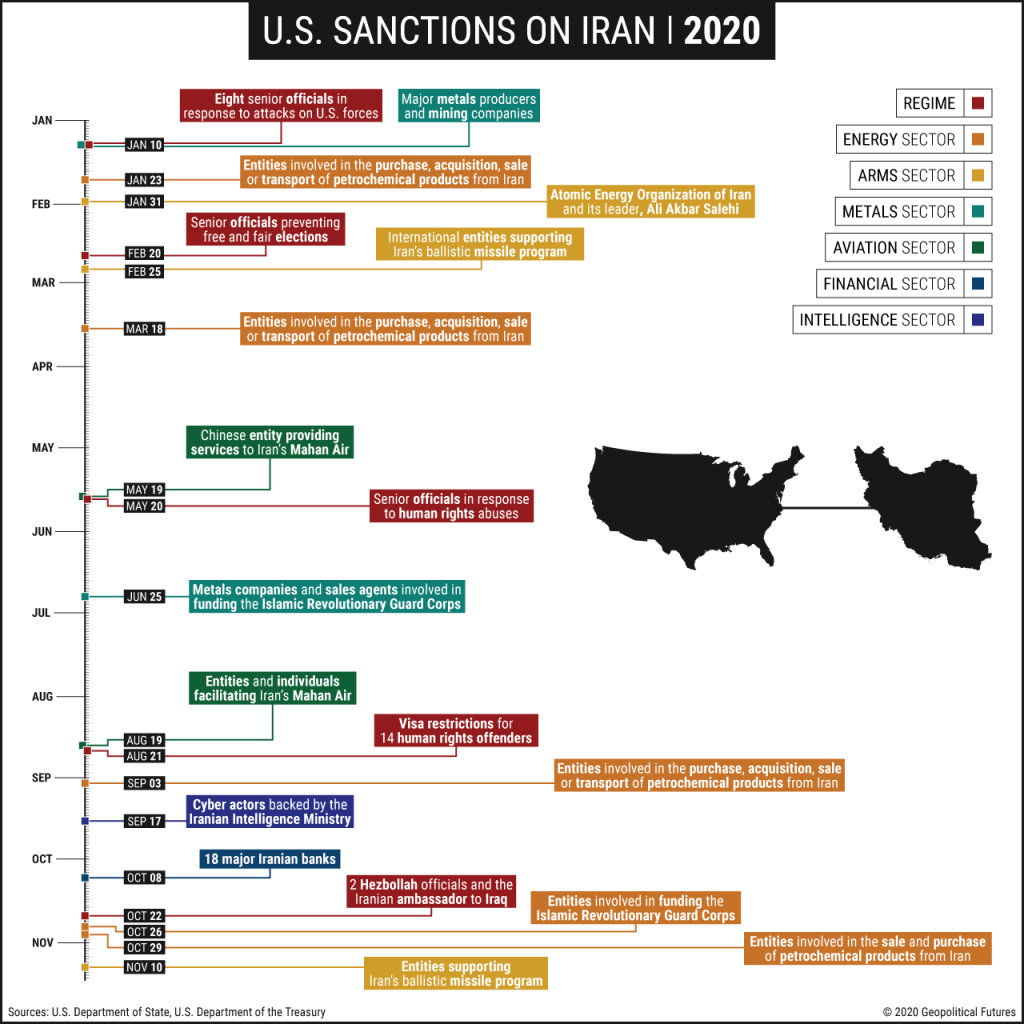The United States and Iran are preparing to restart indirect nuclear talks, with a crucial round of negotiations set to begin on April 12 in Oman, according to Reuters. These talks, mediated by Oman’s Foreign Minister, Badr al-Busaidi, will address ongoing tensions surrounding Iran’s nuclear program.
Here’s what you need to know about the situation.
A Long-Standing Diplomatic Challenge: The U.S.-Iran Nuclear Deal
The relationship between the U.S. and Iran over nuclear issues has been complex and fraught with tension. In 2015, the two nations signed the Joint Comprehensive Plan of Action (JCPOA), an agreement that saw Iran agree to scale back its nuclear activities in exchange for the lifting of international sanctions.
But the deal took a dramatic turn in 2018 when then-President Donald Trump pulled the U.S. out of the agreement, citing concerns over Iran’s missile development and regional activities, accrding to AP News. Since then, tensions have escalated, with Iran gradually increasing its uranium enrichment levels, leading to renewed diplomatic efforts from both sides.
Fresh Sanctions & Growing Tensions in the Region


Just days before the upcoming talks, the U.S. imposed new sanctions, targeting key Iranian entities involved in the country’s nuclear program. The sanctions include penalties against the Atomic Energy Organization of Iran and its subsidiary, the Iran Centrifuge Technology Company, along with individual sanctions on Majid Mosallat, the managing director of Atbin Ista Technical and Engineering Company. These actions are a clear signal that the U.S. intends to keep up the pressure on Iran as the two nations head into talks.
The Standoff Continues in Oman: Direct vs. Indirect Talks


While Trump has called for direct talks with Iran, Tehran has made it clear that it will only participate in indirect negotiations, which will be mediated by Oman. This diplomatic divide has been a consistent point of contention and is one of the key dynamics to watch as the negotiations unfold.
Oman has been involved in facilitating discussions between the U.S. and Iran in the past. This neutral ground could offer the space needed for both sides to navigate their differences without the added pressure of direct confrontation.
The Stakes: Iran’s Uranium Enrichment & Regional Tensions
At the heart of these talks lies Iran’s rapidly advancing nuclear program. According to Iran International, Iran has enriched uranium to a purity level of 60%, dangerously close to the 90% threshold required for nuclear weapons-grade material. This escalation has raised alarm bells across the international community, making these upcoming talks not only crucial for U.S.-Iran relations but also for regional and global security.
The discussions will also take place against the backdrop of broader U.S. military actions in the region, particularly in Yemen, where the U.S. has targeted Iranian-backed militias.
Why These Talks Matter: A Critical Juncture for Global Security
The upcoming talks in Oman represent a pivotal moment for U.S.-Iran relations. If successful, they could pave the way for a new understanding or agreement on Iran’s nuclear program, potentially reducing the risks of nuclear proliferation in the Middle East. However, failure to reach an agreement could have severe implications, further escalating tensions in a region already fraught with instability.
For both the U.S. and Iran, the stakes are high for their bilateral relations and for the broader security dynamics of the Middle East and beyond.
WE SAID THIS: Don’t Miss… Breaking the Waste Cycle: Port Said Is Closing the Chapter on Unlicensed Trash Trade





